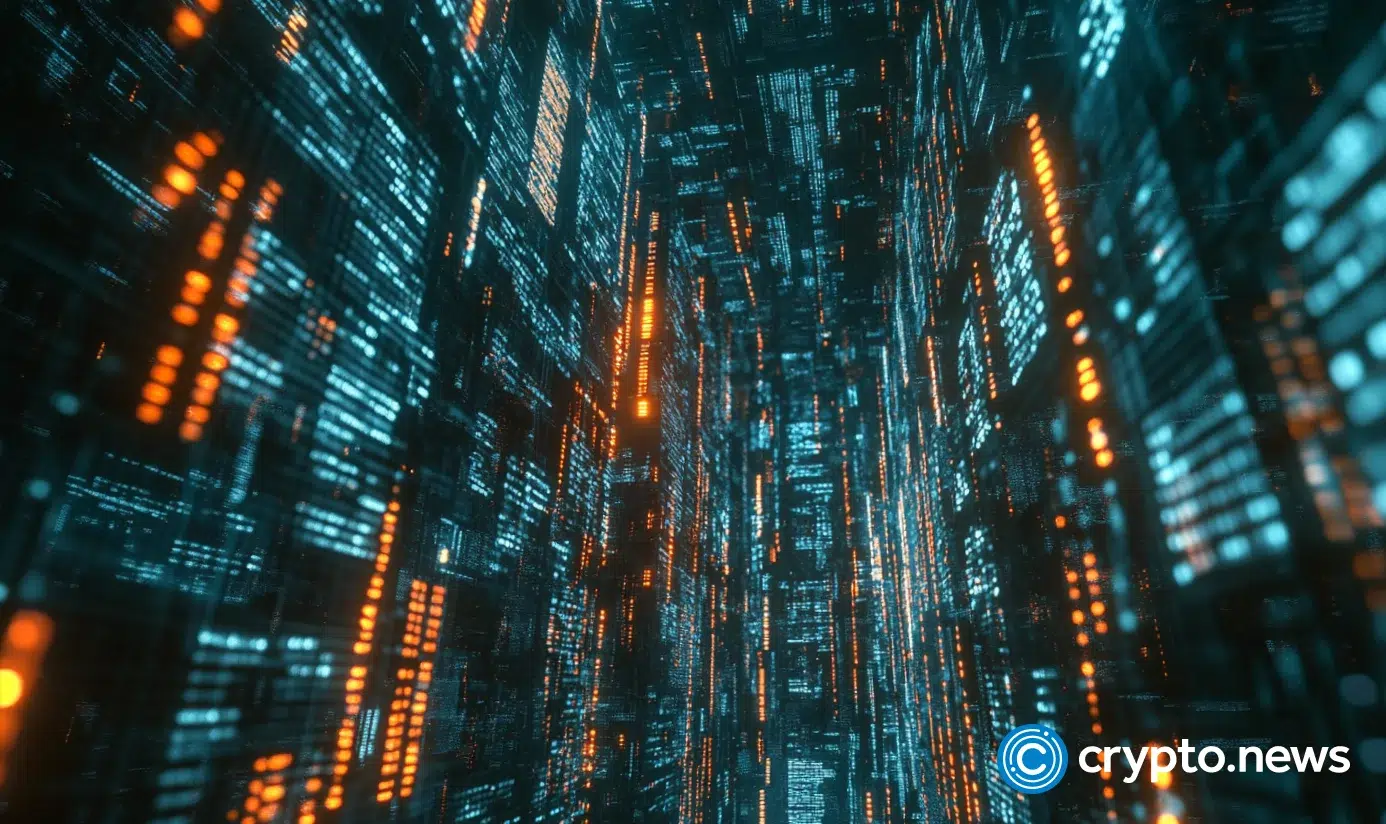
Crypto.news spoke with Pantera Capital’s general partner, Cosmo Jiang, about artificial intelligence, the rise of deepfakes, and how AI can work alongside blockchain.
As the global AI market is expected to grow to about $3.6 trillion by 2034, crypto.news sat down with Pantera Capital, a California-based crypto venture pioneer, to dive into the topic. In this interview, we chat with Cosmo Jiang, Pantera’s general partner, who joined from Nova River, a web3 venture firm, where he ran a long-biased digital asset fund.
CN: Do you think AI will lead to more sophisticated scams in crypto? We’re already seeing deepfakes of celebrities promoting fake tokens to lure investors. How can the industry stay ahead of this?
CJ: It is clear that in the future, AI agents and AI-generated content will become increasingly ubiquitous, and there will be an acute need to distinguish between humans and AI. This potential future state has increasingly come into focus with the recent success and rapidly growing impact of large-language AI models.
This is a problem that will be true across many industries. Decentralized AI is perfectly suited to help address some of these issues, including in deepfake detection as well as identity verification.
For example, BitMind is dedicated to the detection and mitigation of deepfakes. BitMind is a subnet that operates on the Bittensor network, a protocol that incentivizes open-source, decentralized AI development. BitMind’s deepfake detection system employs sophisticated AI models to accurately distinguish between real and manipulated content and is one of the most accurate free tools in the world.
BitMind is equipped with advanced detection algorithms that utilize both generative and discriminative AI technologies to provide a robust mechanism for identifying deepfakes. BitMind employs cutting-edge techniques, including Neighborhood Pixel Relationships, ensuring competitive accuracy in detection.
The operation of the subnet is decentralized, with miners across the network running binary classifiers. This setup ensures that the detection processes are widespread and not confined to any centralized repository, enhancing both the reliability and integrity of the detection results.
CN: Should we expect new regulations specifically targeting the intersection of AI and crypto?
CJ: I would expect and encourage regulators to work hand-in-hand with both the AI and crypto industry to craft regulatory frameworks that foster innovation while protecting consumers. I also think it’s particularly to highlight the creation of the role of the White House AI and Crypto Czar.
This appointment elevates crypto into its place side-by-side with AI, which makes sense for those following their development. I believe Crypto and AI will be the two fastest and most exciting growth sectors in the world in the coming years. The creation of that role is an explicit acknowledgment by the leaders of our government.
In a lot of ways, regulators should be particularly open to decentralized alternatives to AI development. Decentralization, or the coordination of multiple independent actors, helps protect against censorship and improves resilience and reliability.
CN: What AI projects is Pantera most excited about in the crypto space?
CJ: There are so many compelling reasons why blockchain uniquely enables AI and why AI will accelerate blockchain adoption, which is why we’re spending a lot of time and capital in this space.
One of crypto’s superpowers is using tokens to incentivize coordination. One area where this can be particularly helpful is in the creation and usage of open-source AI models. We have made a couple of investments in this space, including in Bittensor (TAO) and Sentient.
Open-source development and adoption have been gaining traction for both cultural reasons as well as the practical reason that open-source has the potential over time to produce better AI models than exist within walled gardens like OpenAI. Bittensor uniquely fosters that open-source community by providing sustainable monetary incentives for open-source contributions that historically have not been compensated. The grassroots global community that has formed around the Bittensor protocol continues to amaze me with its passion and, in many ways, reminds me of the early days of the Bitcoin community.
Another area is the concept of decentralized identity. We have made a couple of investments in this space, including in World (WLD) and Humanity Protocol.
In a future world where AI agents and AI-generated content become increasingly ubiquitous, there will be an acute need to distinguish between humans and bots. This potential future state has increasingly come into focus with the recent success and rapidly growing impact of generative AI.
Sam Altman, CEO of OpenAI and Chairman of World, believes there will be a breakthrough for artificial general intelligence within a few years. Altman founded World, a protocol to identify unique humans, in response to the future state that his company OpenAI is building toward. If successful, World could scale a reliable solution for distinguishing humans from AI online while preserving privacy, enabling global democratic processes, increasing economic opportunity, and showing a potential path to AI-funded UBI.


